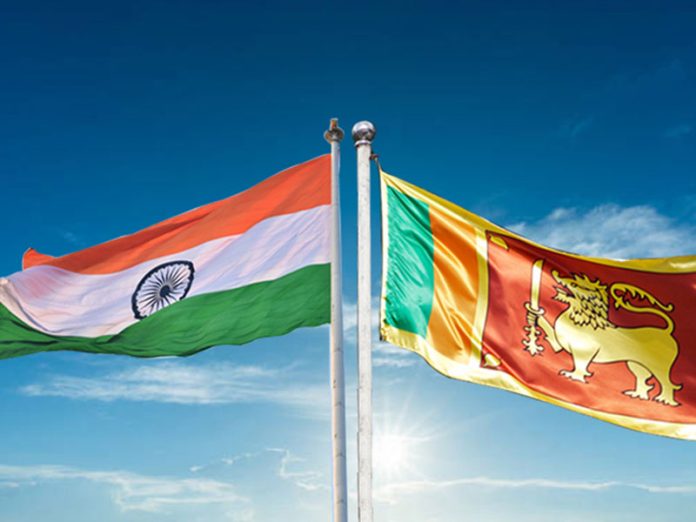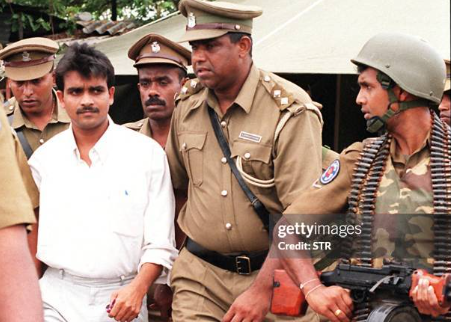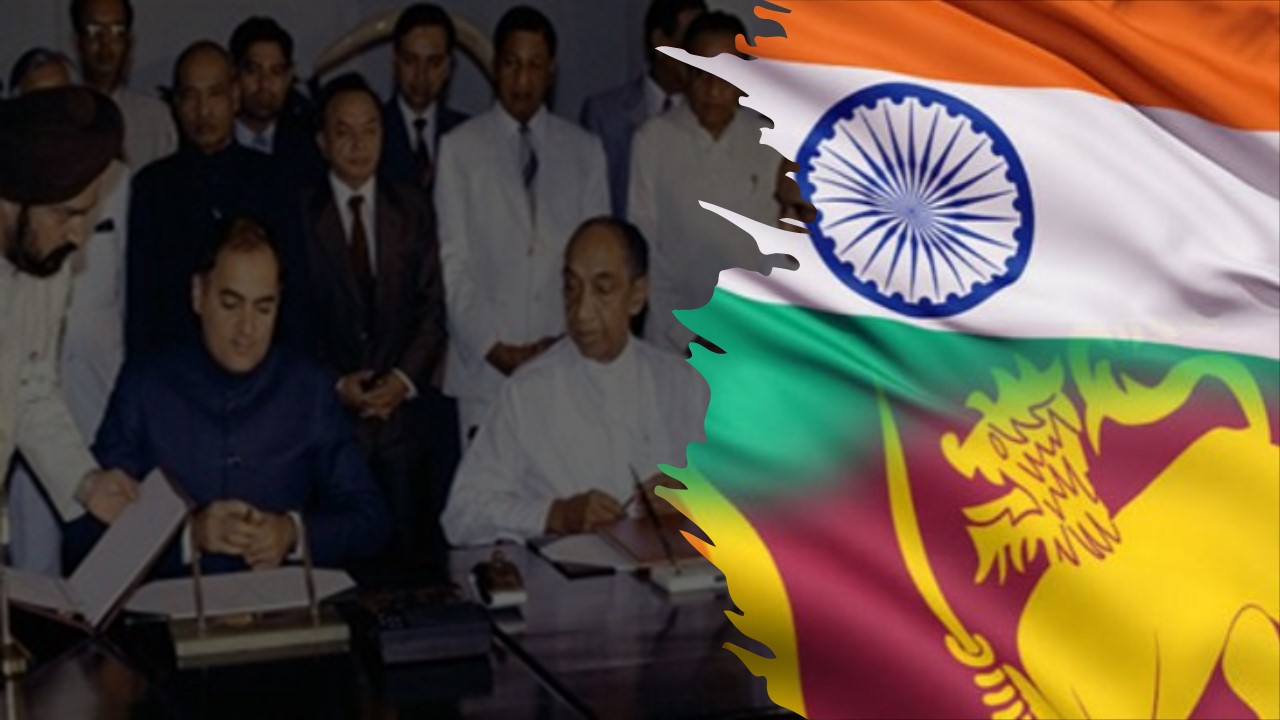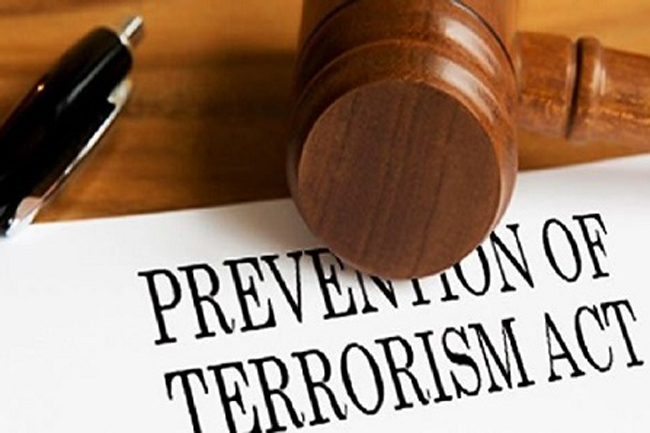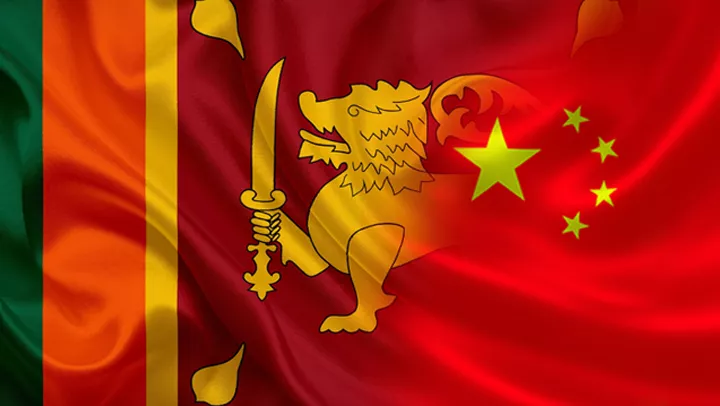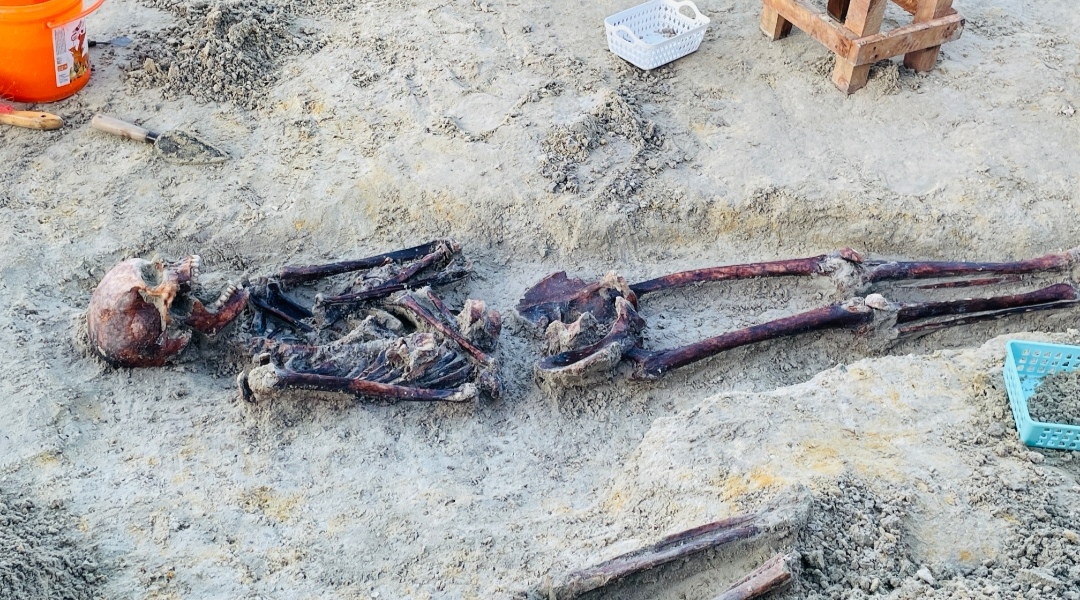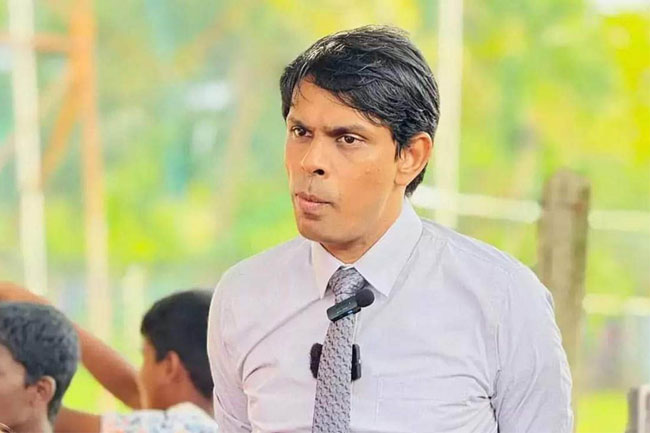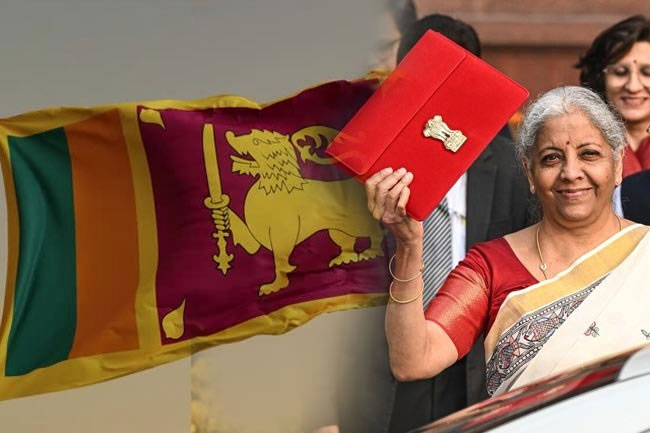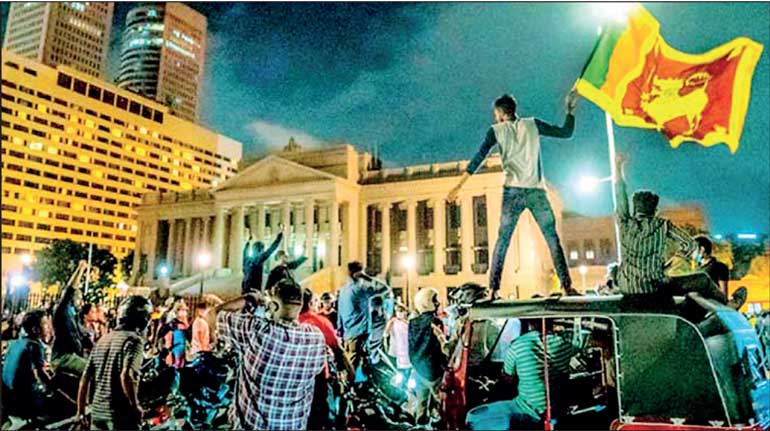I wouldn’t punch 119 quite yet. Or seek to frogmarch me to the local constabulary’s complaints desk. This piece is not about armed revolt or aggressive rebellion. The thought I’d leave with you today is rather one of peaceful easy feelings prompted by some quiet introspection.
Of course, the early springs of the erstwhile Aragalaya were peaceful and easy also, rising as they did – at least in its suburban incarnation – as a domesticated people’s movement. Tame but not lame. Passionate yet law-abiding.
But to focus on bustling women and their kitchen-utensil-aided “spontaneous overflow of strong emotion” is to forget the fountainhead of farmers’ and (to a lesser degree perhaps) fishers’ woes that set the spark to the faggots of government’s effigies being burnt.
I wouldn’t forget the anguish of families whose loved ones died lamentably in those labyrinthine fuel queues. Or discount the dilettantes who swanned around iconic Colombo landmarks of an afternoon out. Mouthing rehearsed slogans and brandishing placards whose demands would have been alien to them only a few months before the vote-with-your-feet street movement captivated the imaginations of sundry generations across Sri Lanka.
That it was the boys of the red brigade and men to whom Marx was on nodding terms who actually stormed the barricades, which converted the push to secure justice into a putsch, shouldn’t detract from the roots and original intentions of the unprecedented people’s movement.
Nor devalue the holistic assertions and demands of popular sovereignty. Which sprang to the fore in the face of that strange mix of governmental arrogance, incompetence and lack of empathy for the long-suffering masses: battling Easter wounds, economic downturns and pandemic depredations without so-called saviours but self. Who only three short years before the populist ouster had given a certain gubernatorial ethic their resounding mandate!
There was to be, as expected however, no system change as such despite resignations. And because of the then incumbent regime’s appeals to parliamentary procedure over widespread popular sentiment. Just an entrenchment of the old guard under a new ace of spades after the joker in the pack had been cut out of the deal.
The knaves in a rump parliament saw to it. That took over two years and a brace of elections after the long silence following the stifling of the people’s struggle for republican democracy. To see a new deck led by a putative king of hearts being ensconced in the House! To reflect a truer mandate of a larger electorate!
So all is well, and all’s well that ends well? Well, no: not quite, not yet; not quite yet.
Fuelling a perpetual revolution
Not to gainsay the good intentions of the government of the day or undermine the achievement of the greatly inspiring struggle of an aspirant people.
But the Aragalaya accomplished, albeit belatedly, only a bit more of the political agenda than even its strongest critics hoped for and wished would eventuate in a Sri Lanka they and we all claim to love.
The part that those who are still inimical to true popular sovereignty are going to hate is that if a people’s movement such as the Aragalaya is to actualise ALL of its ambitions, it must be a perpetual revolution.
Peaceful. Introspective. Reflective. Empathetic. J’adore.
For there is much to be accomplished in the sociopolitical realm before the JVP-NPP combine may conscionably be allowed to retire gracefully or contest a putative second term in good faith.
For one, the abolition of an Olympian executive system that has presided over the people’s ruin for too long under the guise of safeguarding unity and shielding the interests of state sovereignty and supposed territorial integrity.
For more, dismantling of those draconian millstones like albatrosses around the masses’ necks – such as the odious Prevention of Terrorism Act (PTA) and the insidious Online Safety Act (OSA) – and ensuring no Trojan horses are smuggled into the citadel under the stratagem of ‘repeal & replace’ with the same in all but name.
Then again, there must be the significant alleviation of poverty in a milieu where present levels of indigence are unacceptable – whether you’re a card-carrying member of a Marxist, Socialist, Communist, left-leaning party or a devotee of the pagan cult born in Bretton Woods.
Also, lest the IMF has misplaced it somewhere on their long list of to-dos, we must find meaningful employment for a lost generation of youth. Or prepare to beat our ploughshares into swords again. To quell a future war for want of turning our swords into ploughshares to make a still-wounded post-war state a properly healed post-conflict society.
Last but by no means least, we could spur on the development of a new national identity not shackled to atavistic notions of race, creed, cultural and ethno-linguistic markers; or civilisational glories of bygone ages being shanghaied into a modern era bereft of sympathy for superstition: a need of the hour.
This, through the inclusive drafting of a pluralistic new social contract that aims to position a Sri Lanka for all Sri Lankans in our hearts and minds, rather than some document idolising a particularist point of view or an exceptionalist expectation of a majority with a minority complex.
Also, we could build and cement an ethos in which we can celebrate differences, diversity and deviating perspectives – as perhaps best enshrined in the recent judgment that women may finally be permitted to buy or sell alcohol. Or better still, a friendly neighbourhood environment in which even a belated appreciation of past presidencies that now seem stalwart won’t be condemned out of hand because we’re onboard a bandwagon now.
For as much as one might be loathe to admit it, the closing of ranks by a widely despised regime in the aftermath of July 2022 served Sri Lanka in at least one sterling sense. In that those who stepped up to the plate, or into the breach caused by the ignominious exit of a discredited president, steadied the ship of state through the direst of the straits we have sailed to date.
One can but hope that in similar vein, even the ranks of Tuscany, who despise the incumbent administration – in city, chamber, council, cabal, coffee-morning and cocktail circuits – would come to see and lever the power of the people made manifest to effect what is best for nation, state, country, the spirit of governance and the soul of Sri Lanka.
That would be a revolution in itself: a consummation devoutly to be wished!
Fostering a pluralistic identity
With that being said, there is one more thing to do. And that is to sound a caution in the shell-like ears of the naive and sentimental lovers of the zeitgeist. There is an equal and opposite danger that the voter could fall off the dark horse on the other side as well. It is the attendant hazard of putting too much stock in people rather than principles; in men and women, and not in meaningful movements; in governments, and not in persons of goodwill in boardrooms and in the bureaucracy.
After all, even our leaders of today have feet of clay: as they have amply demonstrated time and again in these few brief months in power; or, if you take them at face value, in service. Thus suffice it to say that a proud and independent-minded people would do well not to be swayed by the propaganda of any regime. No matter how innocent of corruption they may seem or stand indicted in the court of public opinion of alleged past crimes against the state.
But rather be wise as the serpent and keen as the dove in bending and shaping the powers that be to do the people’s will. As best represented by the commonwealth’s national interest, and not their own agenda…
(Editor-at-large of LMD | Fanning a productive iconoclasm)


